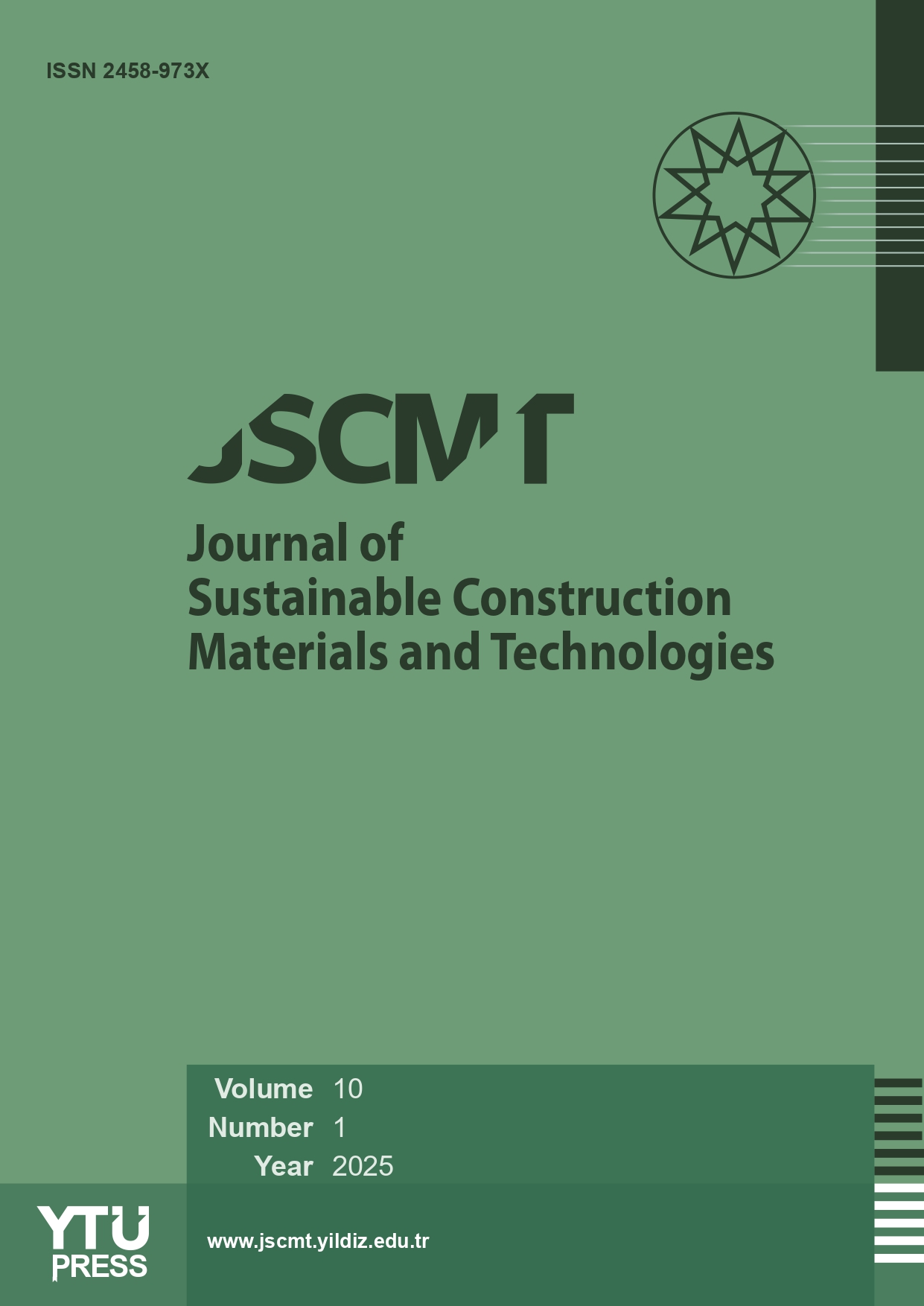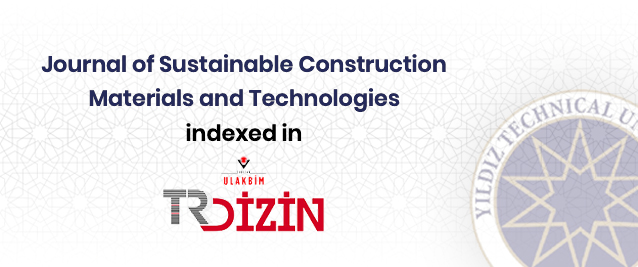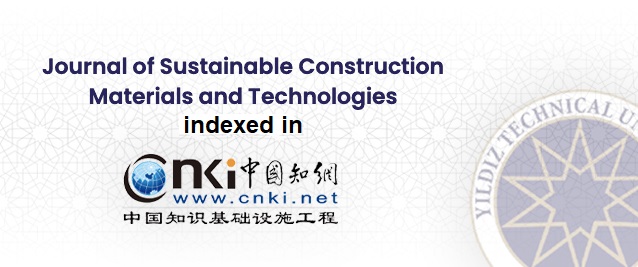2Department of Geological Sciences, Archivers University, Owo, Nigeria
3Department of Chemistry, Archivers University, Owo, Nigeria
4Department of Science Laboratory Technology, Osun State College of Technology, Osun State, Nigeria
Abstract
This study investigated the effects of Groundnut Shell Ash (GSA) on clay samples for making sustainable and low-cost building materials. The clay-GSA composites' physical, chemical, thermal, and mechanical properties were evaluated to assess their suitability for construction. The results revealed that the addition of GSA to the clay matrix had a significant impact on various properties of the samples. The physical characterization showed that GSA was finer and lighter than clay, making the composites more flowable. Chemical analysis indicated that clay and GSA were rich in SiO2, Al2O3, and Fe2O3, with the clay exhibiting high SiO2 content suitable for brick manufacturing. The composites had lower electrical resistance and higher
conductivity with more GSA, which could enable temperature monitoring. Thermophysical testing demonstrated that the composites had better thermal insulation properties with more GSA, as shown by higher specific heat capacity and lower thermal diffusivity. The composites absorbed more water with more GSA, indicating higher porosity due to finer particles. The composites had similar bulk density to sandcrete blocks, implying adequate load capacity. Mechanical testing revealed lower flexural strength but higher abrasion resistance with more GSA. The optimal GSA content for strength was 10.0%. More GSA resulted in more voids and weaker bonds. The study provided insights for further research and development.
















